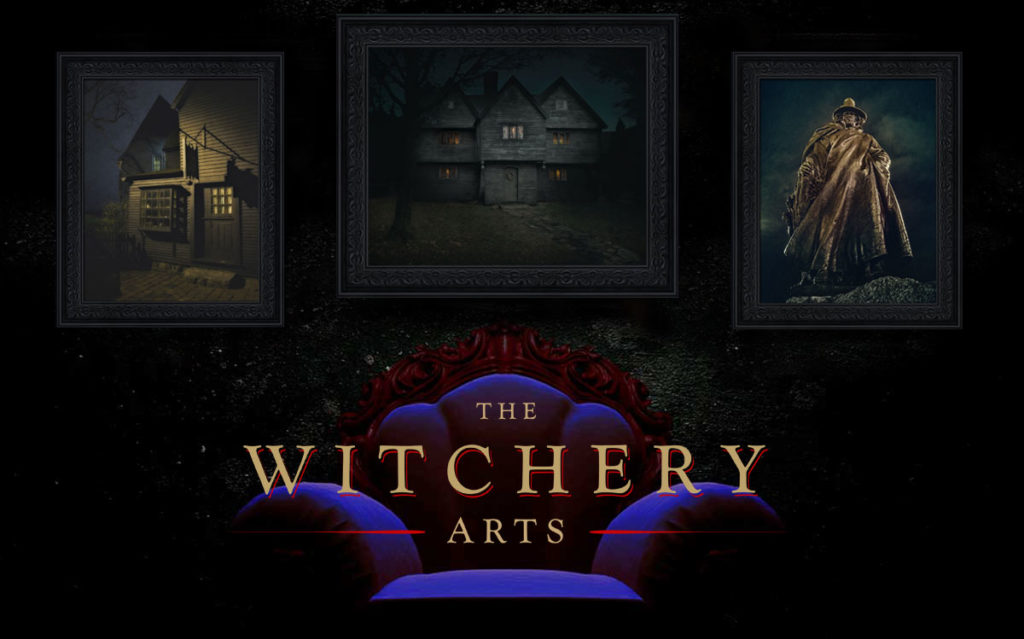
NEAR THE END OF THE NINETEENTH CENTURY, Irish poet William Butler Yeats became actively involved in magical circles, joining The Golden Dawn, one of the legendary occult societies of the time. Yeats would say that it was a “chief influence upon his thought.”
Yeats believed in fairies, not in the abstract, but as real creatures, according to at least one of his biographers. Yeats collected the folklore of Ireland directly from the people, and his notes and writings are invaluable for recording the beliefs of the Irish. He wrote “”We had a regular servant, a fisherman … (My mother) and the fisherman’s wife would tell each other stories that Homer might have told, pleased with any moment of sudden intensity and laughing together over any point of satire. There is an essay called Village Ghosts in my Celtic Twilight which is but a report of one such afternoon, and many a fine tale has been lost because it had not occurred to me soon enough to keep notes.”
He explained his technique for gathering stories, ” Yes, he noticed, if you are a stranger, you will not readily get ghost and fairy legends, even in a western village. You must go adroitly to work, and make friends with the children and the old men, with those who have not felt the pressure of mere daylight existence, and those with whom it is growing less, and will have altogether taken itself off one of these days. The old women are most learned, but will not so readily be got to talk, for the fairies are very secretive, and much resent being talked of; and are there not many stories of old women who were nearly pinched into their graves or numbed with fairy blasts?”
The Fairy Pedant
by William Butler Yeats, 1895
Scene: A circle of Druidic stones
First Fairy: Afar from our lawn and our levee,
O sister of sorrowful gaze!
Where the roses in scarlet are heavy
And dream of the end of their days,
You move in another dominion
And hang o’er the historied stone:
Unpruned in your beautiful pinion
Who wander and whisper alone.
All: Come away while the moon’s in the woodland,
We’ll dance and then feast in a dairy.
Though youngest of all in our good band,
You are wasting away, little fairy.
Second Fairy: Ah! cruel ones, leave me alone now
While I murmur a little and ponder
The history here in the stone now;
Then away and away I will wander,
And measure the minds of the flowers,
And gaze on the meadow-mice wary,
And number their days and their hours–
All: You’re wasting away, little fairy.
Second Fairy: O shining ones, lightly with song pass,
Ah! leave me, I pray you and beg.
My mother drew forth from the long grass
A piece of a nightingle’s egg,
And cradled me here where are sung,
Of birds even, longings for aery
Wild wisdoms of spirit and tongue.
All: You’re wasting away, little fairy.
First Fairy [turning away]: Though the tenderest roses were round you,
The soul of this pitiless place
With pitiless magic has bound you–
Ah! woe for the loss of your face,
And the loss of your laugh with its lightness–
Ah! woe for your wings and your head–
Ah! woe for your eyes and their brightness–
Ah! woe for your slippers of red.
All: Come away while the moon’s in the woodland,
We’ll dance and then feast in a dairy.
Though youngest of all in our good band,
You are wasting away, little fairy.
She’s wasting away, little fairy.
From the album Phantasmagoria: On Witches, Fairies, Ghouls and Goblins





